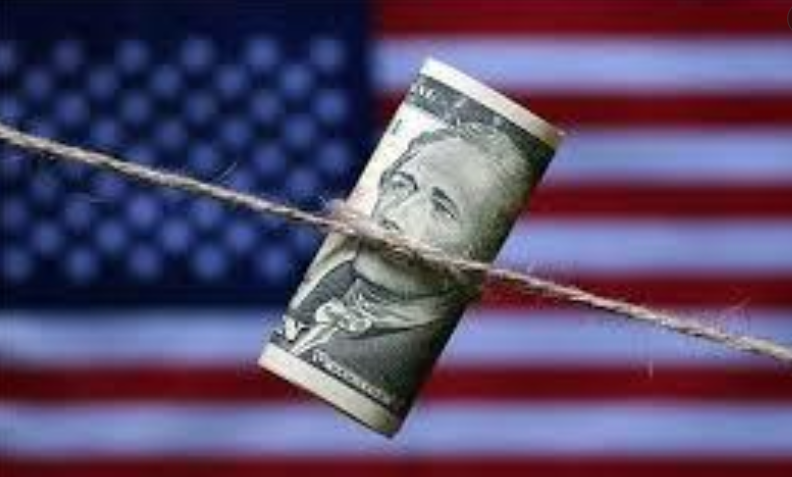Musk: The United States is rapidly heading towards bankruptcy!

According to the website of Russia Today TV, Elon Musk, CEO of Tesla, said in an interview that the cost of repaying the huge federal debt in the United States now exceeds the defense budget. He also said that the country is “rapidly heading towards bankruptcy.” According to reports, the U.S. Treasury Department announced at the end of July that the total U.S. national debt has exceeded 35 trillion U.S. dollars, soaring by 1 trillion U.S. dollars in 6 months. In June of this year, the U.S. House of Representatives passed the House version of the 2025 fiscal year defense policy bill, authorizing a record defense budget of 895 billion U.S. dollars. Musk stressed that for every additional $1 trillion in debt, “our children and grandchildren will have to repay it in some way.” Earlier this week, the billionaire forwarded a post on his social platform focusing on financial and economic accounts, saying that the United States will have to pay more than $1.2 trillion in debt interest in the next 12 months, which is said to be equivalent to about 25% of government revenue. Earlier this month, Musk warned that the current spending speed of the U.S. government is pushing the United States into the fast lane of bankruptcy. Earlier, Maya McGinnis, president of the Committee for a Responsible Federal Budget, an independent research organization in the United States, said in a statement that the U.S. federal government’s “borrowing behavior continues, is reckless and unrestrained.” According to the calculations of the Peter Peterson Foundation in the United States, if these huge debts are distributed among the American people, it is equivalent to a debt of nearly $104,000 per person. The foundation believes that technically, the growing debt of the U.S. federal government is mainly caused by the aging population, rising medical costs and insufficient tax revenue. The foundation previously warned that the U.S. finances are on an unsustainable track. If not resolved, the structural mismatch between federal government spending and revenue, as well as rising interest rates and borrowing costs, will pose challenges to the federal budget, the U.S. economy and future development.





